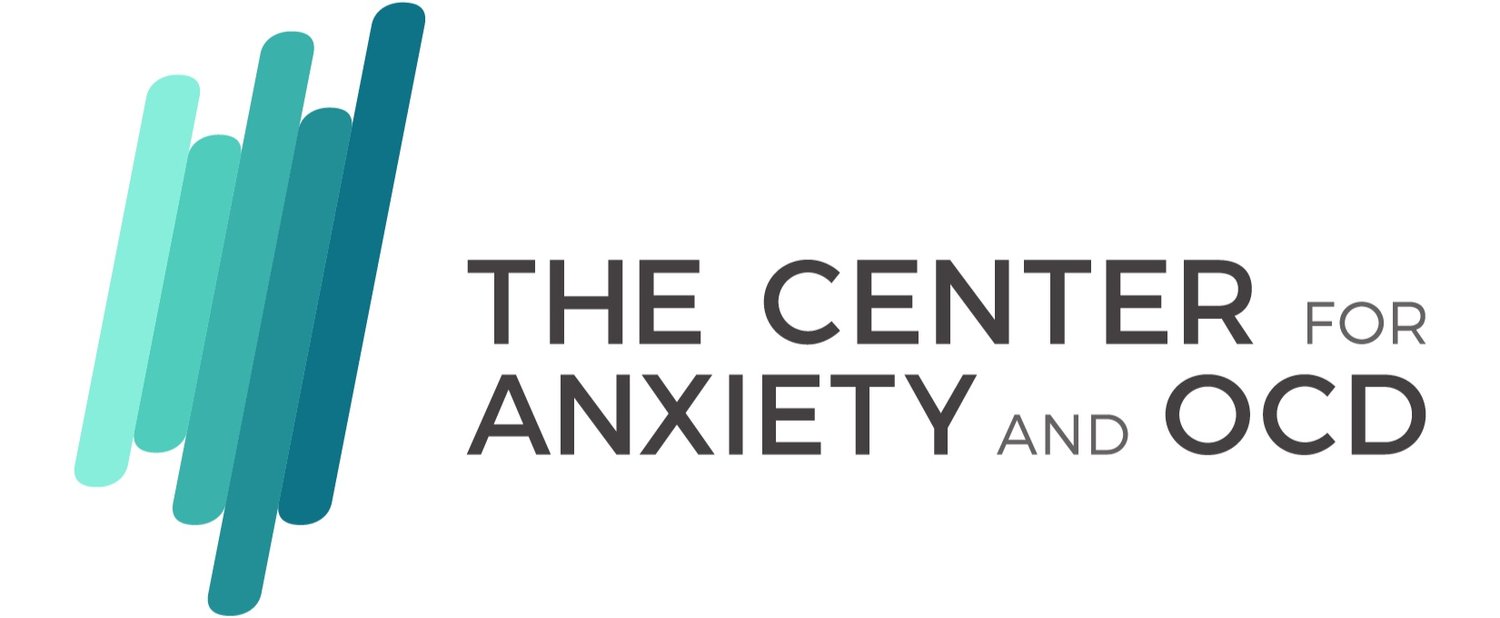The 80/20 Rule in Relationships
If you live with Relationship OCD, you likely know how loud your mind can get when things feel even slightly “off” in your relationship. You might find yourself endlessly analyzing your partner, questioning your feelings, or comparing your connection to an idealized version of what love is supposed to feel like. The thoughts sound like: “Why don’t I feel in love all the time?” or “If they were really the one, wouldn’t I just know?”
This is where the 80/20 rule can offer some grounded clarity.
What Is the 80/20 Rule in Love?
The idea behind the 80/20 rule is simple. In a healthy, lasting relationship, about 80% of your emotional and relational needs are met. The other 20% might include differences, imperfections, unmet preferences, or moments of disconnection. That 20% isn’t a red flag. It’s the very human nature of relationships.
But here’s the catch: if you live with ROCD, your brain doesn’t tend to accept that reality easily. That missing 20% can feel massive, like a siren going off. OCD doesn’t like ambiguity, and it especially doesn’t tolerate the kind of emotional gray area that naturally exists in romantic relationships. It grabs onto that gap and spins it into doubt, dread, or confusion.
Why the Missing 20% Feels So Big
In this mindset, small things like a moment of disinterest, a lack of attraction one day, or a disagreement that lingers can feel huge. OCD takes these blips and turns them into meaning like “What if this means I don’t really love them?” or “What if I’m settling?” It’s exhausting, and often deeply painful.
That’s why a big part of ROCD treatment is learning to make space for the 20% and to recognize that perfection isn’t the goal, and that uncertainty isn’t a threat. The truth is, you can love someone and still feel doubt. You can be in a strong relationship and still wish some things were different. You can experience discomfort and still choose to stay.
Shifting Toward the 80%
You must shift your attention to the 80% and recognize the ways your partner does show up and then it becomes easier to see the full picture. We begin to build tolerance for the unknown, and we begin to root our relationships in commitment, presence, and care.
You don’t need a perfect partner. You need a partner who shows up, and a nervous system that’s learning to recognize love for what it is, which is not what OCD insists it should feel like.
What If 80% Is Already Enough?
So if you’re in a relationship that feels mostly safe, supportive, and aligned, but your brain keeps chasing that elusive 100%, it is important to pause for a moment. What if you’re already in the presence of something meaningful, and it’s your anxiety, not your heart, that’s doubting it?
You are allowed to love imperfectly. You are allowed to choose connection, even when it comes with questions. That’s not settling. That’s what real love looks like.
Warmly,
Sheva

